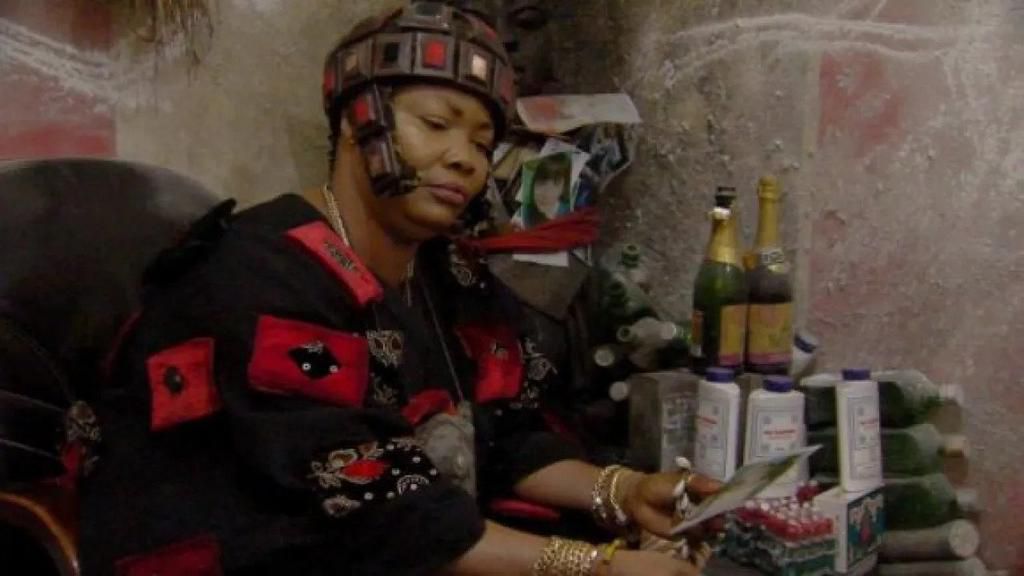Justice Bartels-Kodwo demands adaptation to modern trends for effective justice delivery
Supreme Court judge nominee Justice Janapare Adzua Bartels-Kodwo has passionately advocated for the judiciary to adapt swiftly to modern technological and societal trends to ensure effective justice delivery in Ghana.
During her vetting before Parliament's Appointments Committee on Tuesday, June 17, 2025, Justice Bartels-Kodwo stressed the necessity for judges to be "abreast with some of these modern trends" that are increasingly impacting legal cases.
Responding to a question about the Judicial Training Institute (JTI) incorporating emerging technologies into its curriculum, Justice Bartels-Kodwo expressed her full agreement.
"I share the view with you that these are modern and new trends, and we all have to learn, especially the judges, because the society is ever-evolving, and these things will catch up," she stated.
She illustrated her point with an example from her time at the Circuit Court, where she encountered a case involving "revenge porn or nude revenge" between former partners.
"Somebody shared a picture of his former girlfriend… a nude picture of his former girlfriend with other people," she recounted.
The nominee highlighted the profound "mental agony" inflicted on the victim and the initial difficulty in apprehending the perpetrator due to the novelty of such digital offences at the time.
However, with the evolution of electronic laws and diligent police investigation, the individual was eventually "apprehended and dealt with".
This experience, she argued, underscores the constant need for judicial learning and adaptation.
The discussion extended to media freedoms and the challenges of content regulation in the digital age.
While affirming Ghana's strong advocacy for media freedom, Justice Bartels-Kodwo acknowledged concerns about unregulated content generation and its potential impact on individuals and the national image.
"Ghana is a strong advocate for media freedom… perhaps that has propelled us into a kind of media free-for-all, if I may put it that way," she observed.
She admitted that judges are often "disturbed" by misreported cases or unauthorised use of their images in the media, leading some to seek legal redress.
However, she cautioned against an immediate resort to heavy-handed regulation.
"I do not think that we have to go out right away with the big stick knocking everybody," she asserted.
Instead, she proposed a multi-phased approach, beginning with engagement and sensitisation.
"We first of all have to engage the media. Their responsibilities and their freedoms have to go with responsibilities.
They have to know that we have to sensitise them," she explained, suggesting a focus on improving reporting standards, particularly among judicial media personnel.
Justice Bartels-Kodwo concluded by implying that only after extensive education and sensitisation might "some further regulations" be considered.
This, she believes, would ensure that journalists understand that "the fact that he has a microphone or the fact that there's ink in his barrel or pen or the fact that he has a keyboard that has an enter stroke does not mean that he can just go to town."
Justice Bartels-Kodwo's insights provided a glimpse into her progressive views on leveraging technological understanding and fostering responsible media practices for the effective functioning of the justice system.
The Views, Comments, Opinions, Contributions and Statements made by Readers and Contributors on this platform do not necessarily represent the views or policy of Multimedia Group Limited.
The Views, Comments, Opinions, Contributions and Statements made by Readers and Contributors on this platform do not necessarily represent the views or policy of Multimedia Group Limited.








